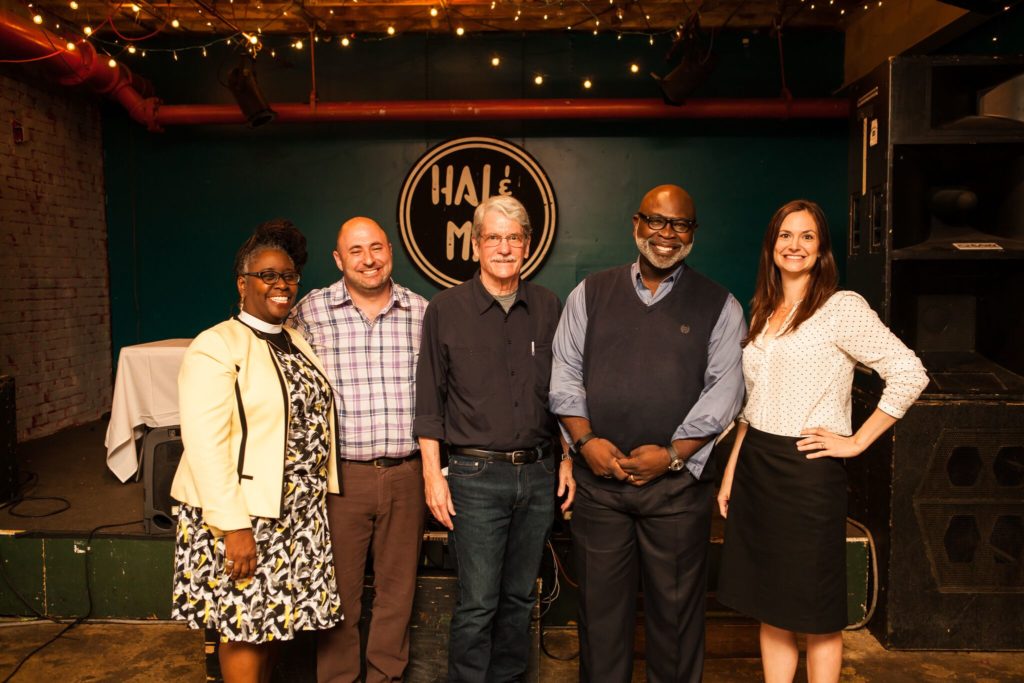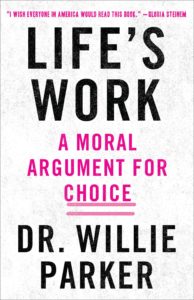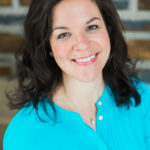
The faithful activism of Rev. Bill Kirby, a United Methodist pastor who helped lead the Missouri Clergy Consultation Service on Abortion, is tied to his long-held belief that God is love. Guided by Jesus’s commandment to “Love the Lord your God and love your neighbor as yourself,” Rev. Kirby felt called to assist nearly two thousand women experiencing unplanned pregnancies in the early 1970s, at a time when abortion was illegal, offering them non-judgemental, compassionate counseling known as All Options. “Even the use of the word ‘abortion’ was illegal,” he said. “We lived in the realm of knowing we could be in trouble.” If a woman in his care chose abortion, he and his colleagues made sure she could get one, even if it meant arranging a secret round-trip flight from Missouri to New York, where abortions were performed safely by trained physicians.
Rev. Kirby was one of three featured speakers at Faith in Women’s September event, “Called to Resist: The Pre-Roe Faith Movement that Saved Women’s Lives,” co-sponsored with the Religious Coalition for Reproductive Choice (RCRC). More than forty local clergy, churchgoers, health educators, and representatives of Mississippi-based reproductive health and rights organizations gathered in Jackson to learn about the history of the Clergy Consultation Service (CCS) and how its legacy continues to inform the prophetic work of reproductive health, rights, and justice advocacy today.
Historian Dr. Gillian Frank, a postdoctoral research fellow in the Program in American Studies at the University of Virginia, gave a brief overview of CCS’s history. At a time when abortion was a punishable crime, more than 2,000 Protestant ministers, Jewish rabbis, and dissident Catholic priests and nuns banded together to fight publicly for reproductive rights and to counsel hundreds of thousands of women on how they could access safe, compassionate abortion care. The underground networks they formed were robust: members were active in 40 U.S. states, 2 Canadian provinces, and in the city of Tokyo, Japan.
Why were these faith leaders willing to risk so much–their careers, their livelihood, even their freedom–for these women? They saw the devastating impact that illegal abortion was having on their communities. Back-alley abortion providers took advantage of desperate women, charging exorbitant fees to terminate their pregnancies and even worse, they often endangered their health and their lives in the process. “It became increasingly clear to clergy across the country that abortion restrictions were not preventing abortion,” noted Dr. Frank. “Rather, they were creating a public health crisis.”
The 1973 Roe v. Wade decision was a landmark moment for the CCS, whose members had advocated tirelessly for the legalization of abortion. But in Rev. Kirby’s eyes, it was also a moment when the CCS made a strategic error. “Once we got Roe, we quit. And that’s the mistake we made,” he commented. “We need to recover the moral high ground. We’ve given it up, and we can reclaim it.”
Dr. Willie Parker, a Christian abortion provider and author of the bestselling memoir Life’s Work, offered his insight as to how we reclaim our prophetic voice in this moment when the future of reproductive rights in the United States seems increasingly tenuous:
Let’s say hypothetically…that Roe goes away. Our task still doesn’t change. Women don’t lose their right to bodily autonomy and safe management of pregnancy. The question becomes what do we do next? If it’s non-negotiable that women have a right to safe termination of pregnancy and control of their lives, how creative are we going to be as people of goodwill?
Dr. Parker also emphasized that the intersectional analysis of the reproductive justice movement continues to be central in responding to the relentless political destruction of reproductive health and rights that has occured since the Roe decision. This expansive framework, he said, lends itself to the kind of coalition building we need right now—and that we will continue to need in the future.

Audience reaction was overwhelmingly supportive. For many attendees, the event was their first introduction to the history of the CCS. “I continue to be surprised to learn just how deeply involved faith leaders have been in this movement from early on, including advocating for safe, legal abortion and helping to provide care when it was still illegal in most states,” said one Jackson-based United Methodist minister. “I was also impressed with how strategic the CCS was in crafting an incredibly holistic movement that spanned several states and accounted for every detail of the process to help women have as smooth and safe an experience as possible. It was an amazing operation!”
Others considered their own faith perspectives as they listened to the speakers. “It’s so easy to lump all religious perspectives into one belief system or moral understanding of faith, grace, and health and healing. The movement is lead by people who are doing the work not in spite of their faith, but because of their faith,” commented one attendee. “That most resonates with me and my approach to life.”
To learn more about the Clergy Consultation Service on Abortion, check out RCRC’s interactive timeline.

 Dr. Parker, an obstetrician/gynecologist who provides abortion care in some of the most underserved areas in the South including Mississippi, published his first book
Dr. Parker, an obstetrician/gynecologist who provides abortion care in some of the most underserved areas in the South including Mississippi, published his first book 
 Interviewing Dr. Parker is
Interviewing Dr. Parker is  that helped connect women with affordable, compassionate abortion services in the years prior to the Supreme Court decision
that helped connect women with affordable, compassionate abortion services in the years prior to the Supreme Court decision 